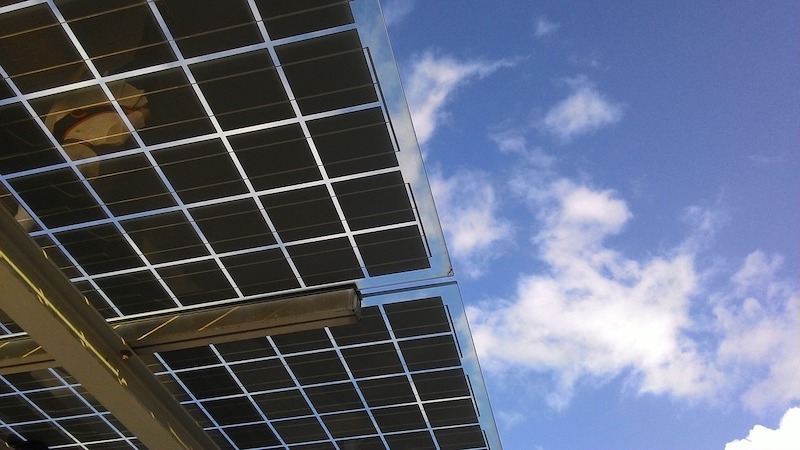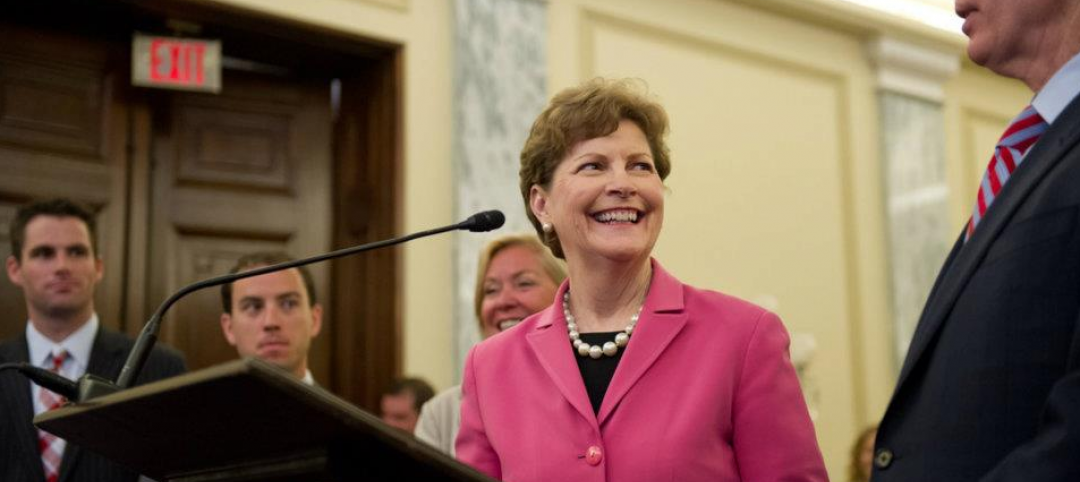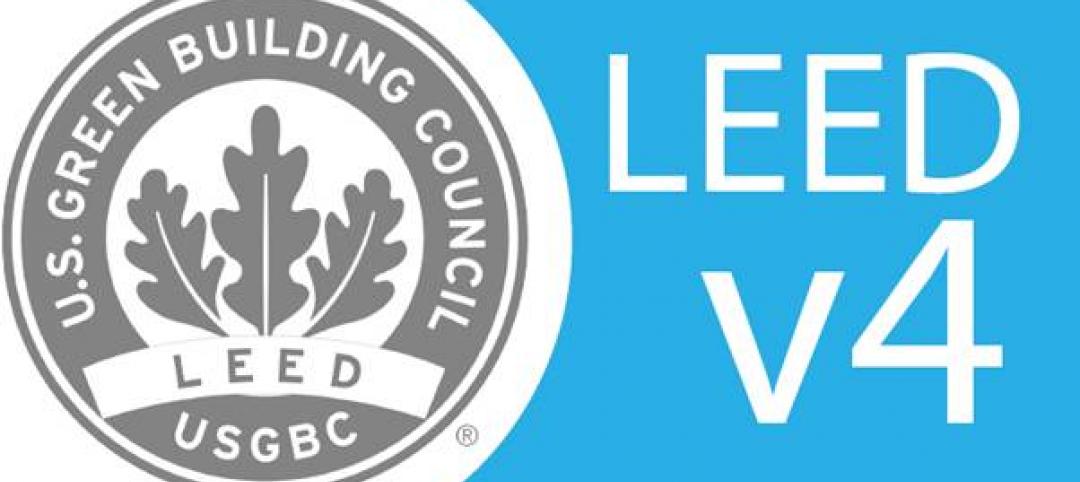At least 20 energy efficiency programs in the U.S. and Canada are focusing on encouraging and assisting building projects to be built to zero-energy and zero-energy-ready standards.
According to the American Council for an Energy Efficient Economy (ACEEE), these programs have an annual budget of about $65 million. They have collectively completed nearly 200 single-family homes, about 900 apartments in multifamily buildings, and 74 commercial totaling more than two million square feet of floor area. Affordable housing accounts for a significant portion of the multifamily projects.
A zero-energy building produces an amount of onsite energy (typically from photovoltaic panels) that equals or exceeds the energy it buys from utilities plus the energy losses from generation and transmission over the course of a year. Zero-energy-ready buildings are typically efficient enough to be operated with onsite energy, but lacking the solar energy systems needed to make the building truly zero-energy.
A few programs promote zero-carbon buildings, which emit no net carbon over the course of a year. Zero-energy homes and buildings often cost a little more to build than conventional homes and buildings, but as experience is gained, costs are going down, ACEEE says.
Related Stories
| Oct 8, 2013
New Orleans advances $1 billion construction plan including new airport terminal
New Orleans plans to invest $1.1 billion in construction projects over the next five years.
| Oct 8, 2013
Report on large New York City buildings shows progress on energy efficiency
Buildings in New York City have been found to have a median score of 67 out of 100 in Energy Star's Portfolio Manager, an increase from 64 last year, and above the national average of 50, according to a study prepared by the Natural Resources Defense Council for the office of Mayor Michael Bloomberg.
| Oct 8, 2013
ConsensusDocs offers online prequalification management application to boost industry efficiency
In collaboration with ConsensusDocs, iSqFt has launched a new online platform designed to make the prequalification process for contractors and subcontractors seeking new work more efficient.
| Oct 8, 2013
Government shutdown closes E-Verify, could hamper construction hiring
E-Verify, the online federal program used to check the immigration status of prospective hires, has been closed due to the federal government shutdown.
| Oct 3, 2013
Florida contractors worry that regulations will hamper their ability to hire
Regulations such as the E-Verify rule and the Affordable Care Act could hinder contractors from hiring additional workers, according to some Florida contractors.
| Oct 3, 2013
Fall protection violations top OSHA citations list
Violations of fall-protection standards in fiscal 2013 are again the most frequent source of citations from the Occupational Safety and Health Administration, according to its top 10 list.
| Oct 3, 2013
Arizona utility pushes for change in building codes to boost efficiency on all commercial projects
Many large construction projects in Arizona are going green by paying attention to energy efficiency, but smaller buildings that are often rented out haven't yet jumped on the bandwagon.
| Oct 3, 2013
Bipartisan energy efficiency bill stalled; may not be revived this year
The Senate spent the first two weeks of September trying to pass bipartisan energy efficiency legislation, commonly known as Shaheen-Portman (S. 1392) that would have impacted building codes.
| Oct 3, 2013
LEED credential exams will feature LEED v4 material beginning next spring
The LEED Professional Credential exams for the LEED Green Associate and LEED AP with specialty designations will feature LEED v4 material beginning in late spring 2014.
| Sep 26, 2013
Ballot period on National CAD Standards open until Oct. 13
The Ballot Comment Period to update the nation’s leading computer-aided design (CAD) standard is now open.











